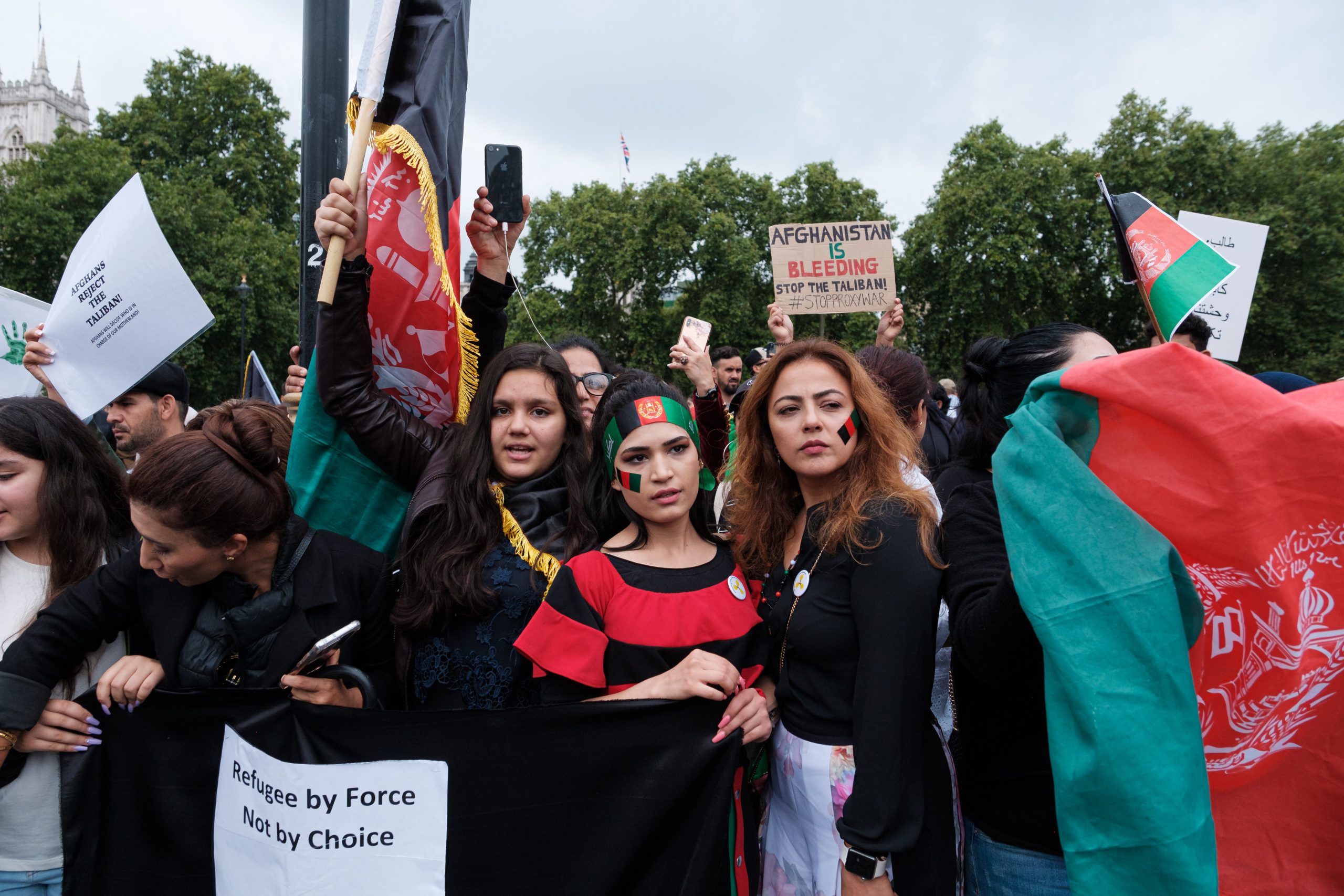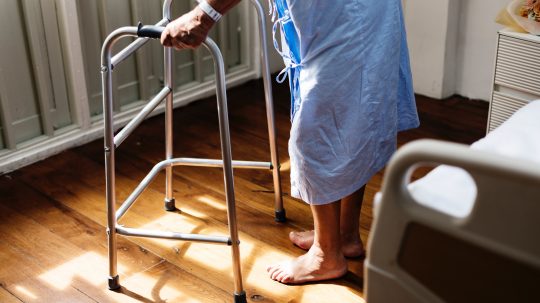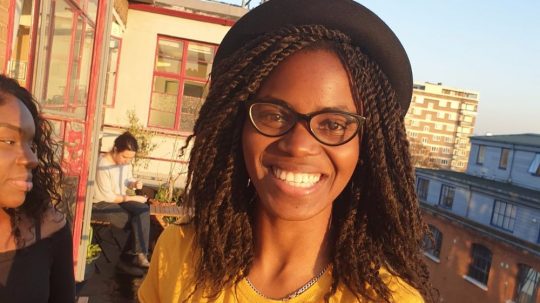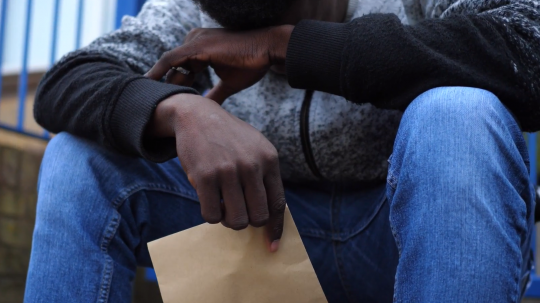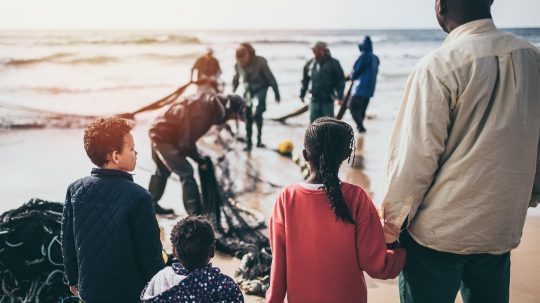The International Organization for Migration has conducted in-depth research to understand the challenges faced by families searching for loved ones who have gone missing during their migration journey, including people lost on their way to the UK.
The Missing Migrants Project began in 2014. Since then, over 47,000 migrant deaths and disappearances have been recorded by the International Organization for Migration (IOM) project, half of them in the Mediterranean Sea.
The vast majority of missing migrants have never been found. Among those that have been, few have been identified. The aim of the research is to give a voice to the family members of those lost in the course of their migration.
According to records collected by IOM’s Missing Migrants Project and the Institute of Race Relations, nearly 300 deaths were recorded between 1999 and 2020 along the northern coasts of France, Belgium and the Netherlands, in the English Channel, or shortly after crossing into the UK. However, the number of migrants who have gone missing en route to the UK is likely to be significantly higher than the data collected suggests.
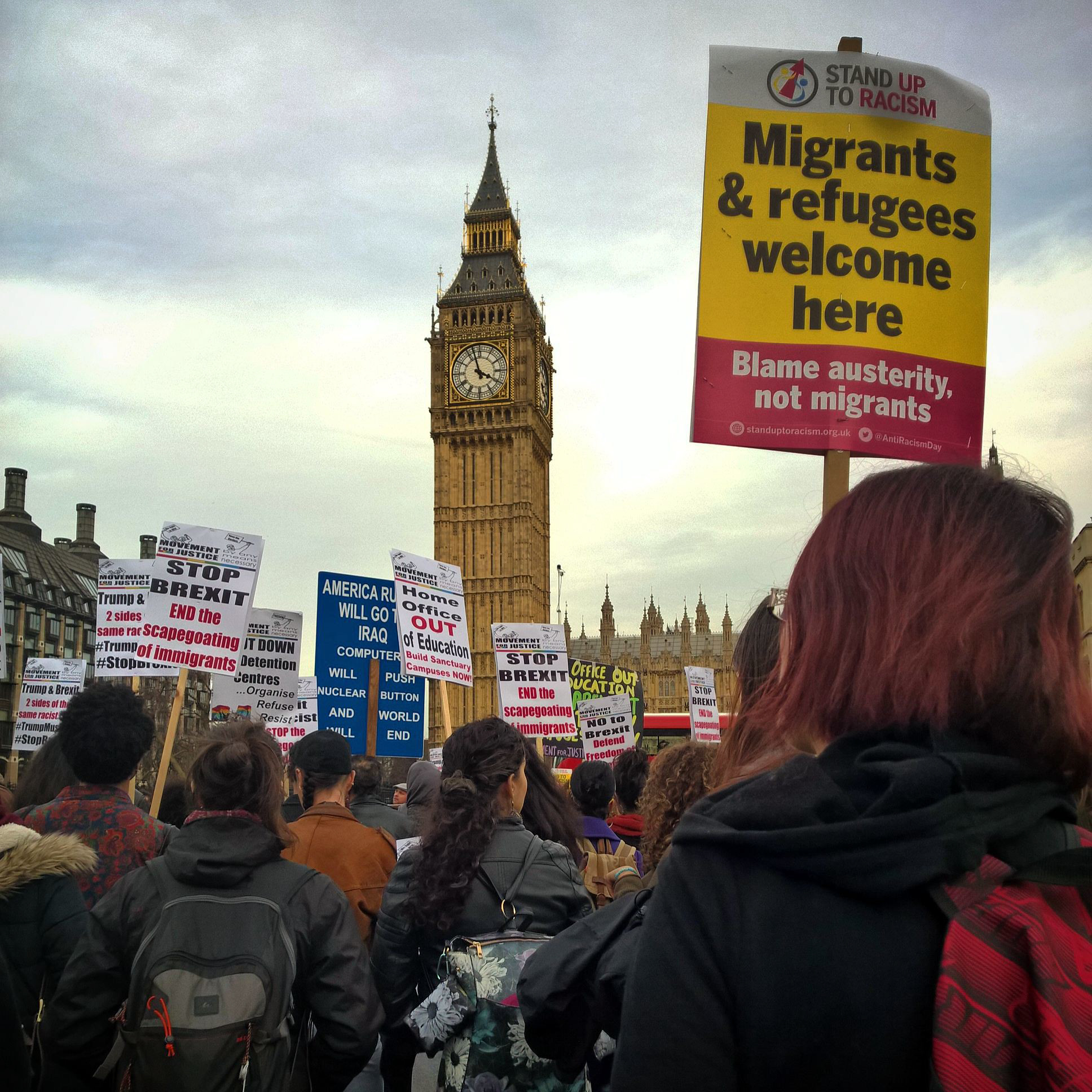
Credit: Garry Knight / Flickr
“Currently, a very small number of actors can be found in the UK that provide support services to families of missing migrants, and their work continues to be inhibited by several factors, not least the present friction in the UK between the need for humanitarian responses to migration matters and the push for more stringent immigration control approaches,” IOM’s UK country report reads. “There is still a lack of knowledge and understanding about the experiences of missing migrants and their families, within relevant sectors and the wider UK population.”
To gain insight into the findings of the project, which interviewed 76 families across four countries, and to explore how the UK can support families of missing migrants, we spoke to one of the project’s officers, Kate Dearden.
“The name of the project can be a little misleading because we really focus on incidents where death is very likely,” she said. “We say deaths and disappearances but when we’re talking about disappearances, or missing, we’re really talking about, for example, when someone is lost at sea, or in the English Channel, and they’re not recovered, so it’s highly likely that they did die.”
Due to the large scale of the problem, the project had to exclude some areas. Dearden explained that they did not include deaths in detention or reception centres, or deaths of people who had been at their place of destination for some time. The project focuses entirely on people who went missing or died en route to various migration hotspots, including the UK.
The Report In Overview
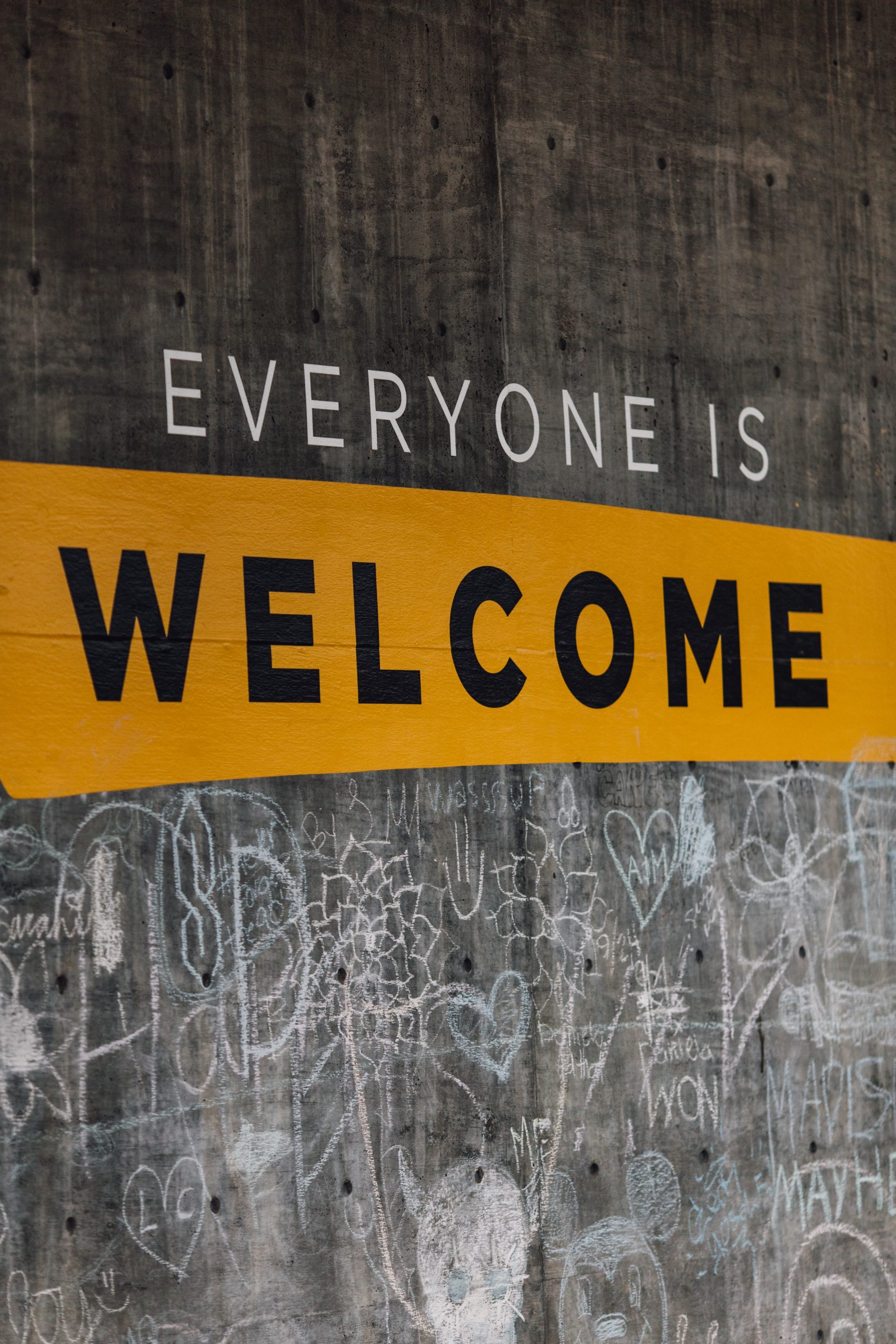
Credit: Katie Moum / Unsplash
The research exposed several failings in current state approaches to missing migrants. The procedure for general missing person cases means that families can be contacted by officials of a third country during the investigation. This makes it easier to give relatives closure about the loss of loved ones. However, in the cases of missing migrants, government institutions typically consider them to be issues related to law enforcement and immigration control, “rather than being related to human rights and requiring humanitarian responses”.
Furthermore, no national legal frameworks exist in the UK that can respond to the specific needs of missing migrants and their loved ones. The report continues: “There are equally no specific protocols that deal specifically with the issue of people who have died while on migration journeys”.
Instead, these processes go through generic police procedures, meaning that missing migrants are first and foremost treated as a criminal justice issue. This can make it even harder for families to find missing loved ones, due to a lack of resources.
I asked them how you can bury someone just like an animal without finding his family?
In the face of these hardships, the report found that missing migrants’ relatives who live in the UK are proactive in their response. Whilst state-funded mechanisms are lacking, families use informal channels, such as social media, to search for information and to “cope with the impacts of the loss”.
“Human rights apply to all humans, regardless of their immigration status,” said Dearden. “I would say that there’s been a complete lack of political will or creativity to apply these human rights when it comes to people travelling irregularly and going missing and dying. There’s a whole range of international human rights and humanitarian laws that can apply to this topic, which are not being applied.”
The Office of the High Commissioner for Human Rights (OHCHR) has published several documents outlining the rights of migrants in vulnerable situations and recommended principles on human rights at international borders. Despite these extensive documents, the rights of vulnerable migrants are still not upheld.
What Did The Report Uncover In The UK?
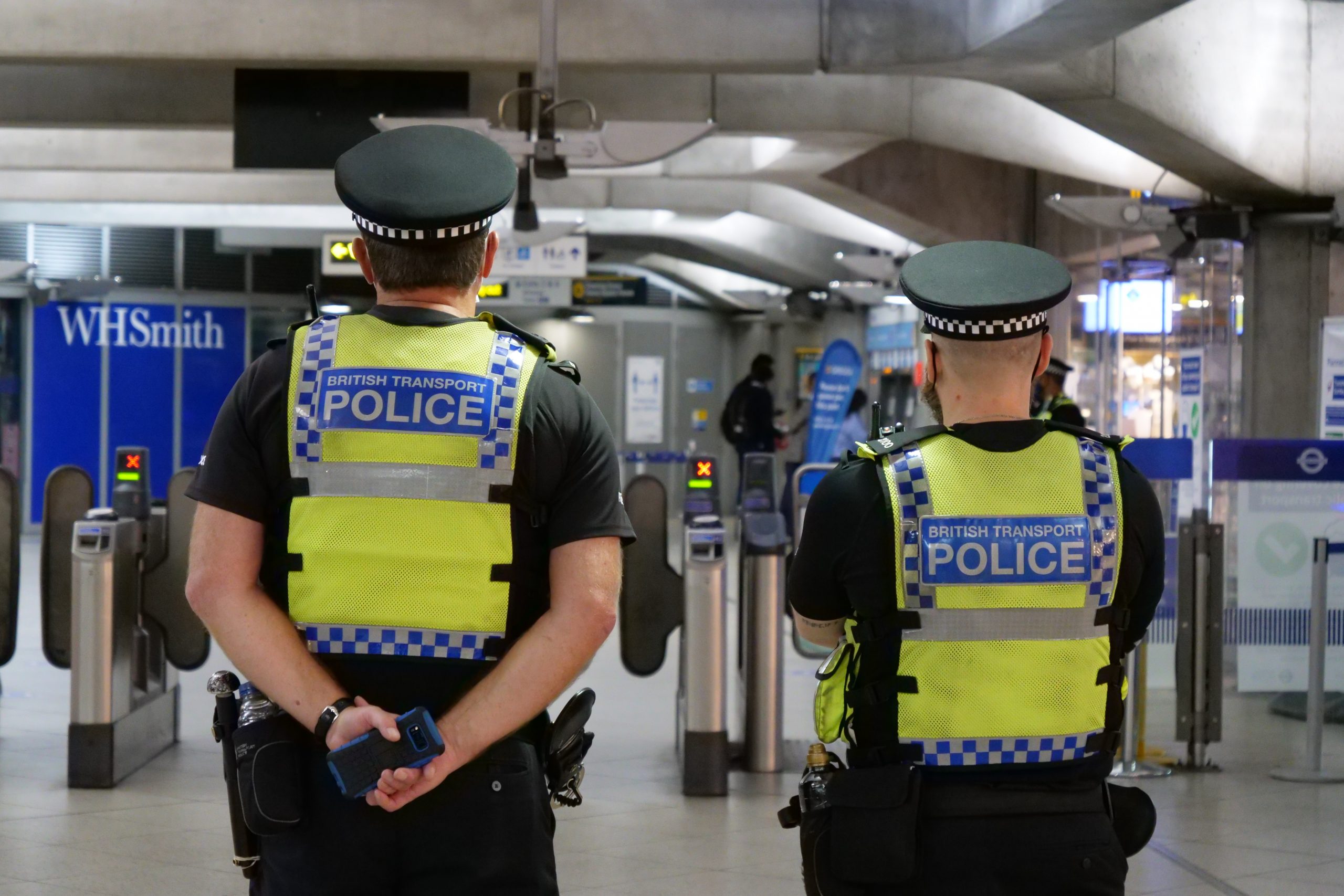
Credit: Ethan Wilkinson / Unsplash
First and foremost, the project exposed the emotional toll loved ones of missing migrants face during their search. Unanswered questions weigh heavily on their hearts and minds.
A Sudanese man in Nottingham, called Omar, has been searching for a childhood friend, Ali, who went missing when they were both crossing into Europe.
“Maybe another boat picked them up or maybe they drowned, but how can I be sure if no one has found his body?”, he said. “In Italy, I asked the people there, but they said all the bodies that are found are buried. So, I asked them how you can bury someone just like an animal without finding his family?”
Interviewees for the project were not asked whether they thought their lost loved ones might have died, but Omar did describe witnessing his friend fall off the dinghy on which they were travelling. Despite this, he is determined to continue the search until he can find closure.
The UK, in general, needs to recognise that this issue is a humanitarian one
He continued: “After I arrived in the UK, some of my friends told me about the Salvation Army and I went there, but they said they don’t deal with that. I have been making posts about Ali on Facebook, but no one has seen him or his body, so I will keep searching until I find him.”
In the UK, the project concluded that many relatives of missing migrants are migrants themselves who may not have stable or regular migration status. As they face significant challenges with their own immigration status, some are hesitant to seek help from authorities due to the fear that the search could trigger an investigation by the Home Office, which may affect their chances of remaining in the country.
The report added: “Many face high levels of socioeconomic precarity that often prevent people not only from fulfilling their basic needs but also from searching for their loved ones and coping with the impacts of the absence.”
Even though there are substantial numbers of missing migrants, the only tracing service offered in the UK is run by the British Red Cross and the International Committee of the Red Cross. There are no other agencies or policies specifically dedicated to reporting, locating or identifying migrants that have gone missing while en route to the UK.
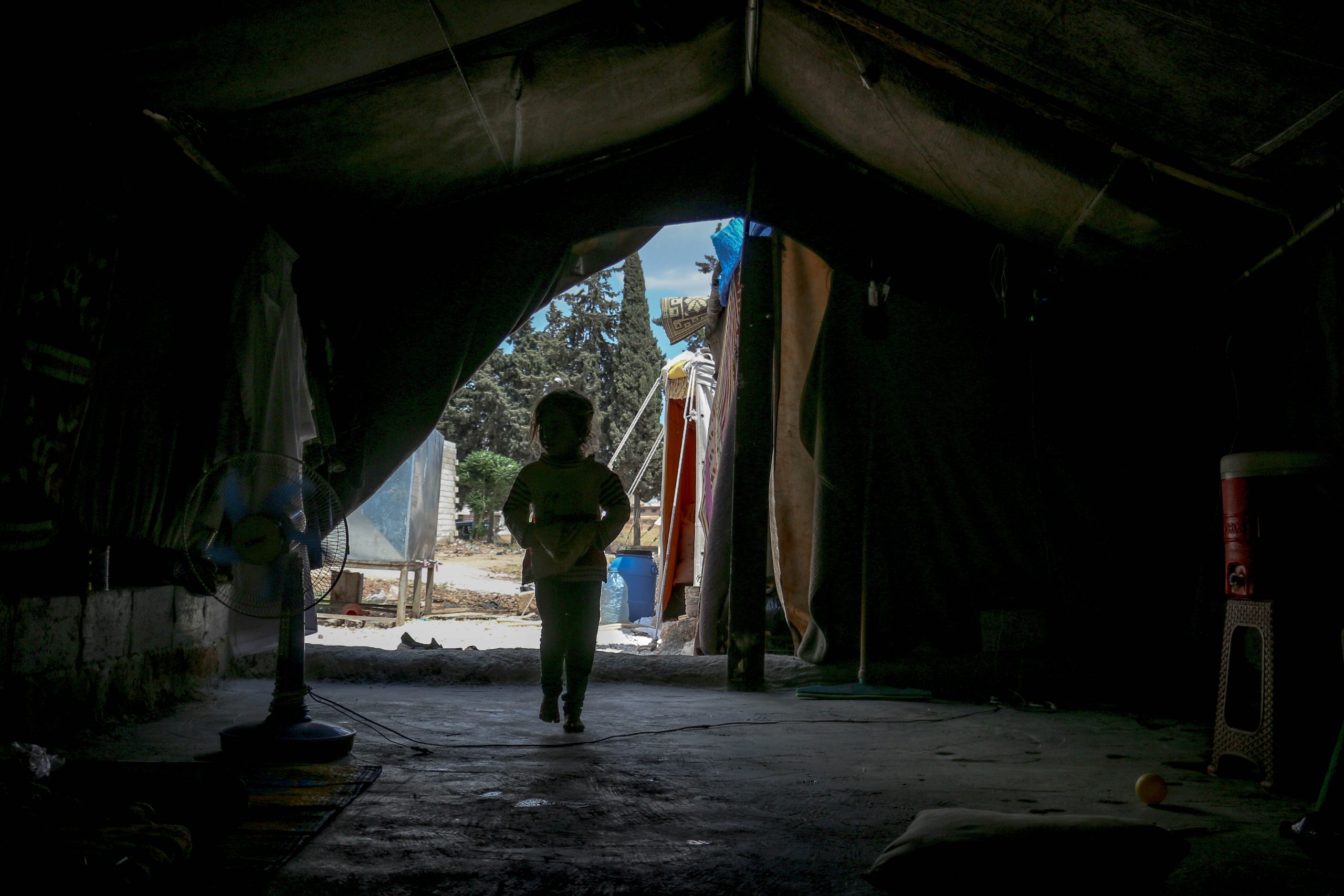
Credit: Ahmed Akacha / Pexels
Additionally, the country lacks effective official mechanisms for repatriating the remains of those who have died during their migration journey. Instead, this process, the report says, often happens on an “ad hoc basis”, as cases arise.
Due to the combination of fear of the fallout and a lack of resources, many families of missing migrants rely on information and support provided by informal channels, community-based associations and members of the diaspora abroad.
The project has exposed widespread flaws in the handling of the cases of missing migrants and highlighted the toll this takes on families, especially their mental wellbeing.
“I think what really stood out for the UK report was these people’s personal circumstances and how they were dealing with very precarious socioeconomic and legal circumstances and then, on top, had missing family members,” explained Dearden. “People either didn’t know where to go to ask for information, or they were terrified of interacting with authorities at all because of potential implications for their stay in the UK.”
Dearden also highlighted the impact the UK’s criminalising approach to irregular migration has on families seeking support when trying to find missing loved ones.
“The UK, in general, needs to recognise that this issue is a humanitarian one,” she said. “We didn’t see this only in the UK, but irregular migration is totally criminalised. So, if you have a missing relative, it was completely criminalised. We need to say that when people go missing, it is a legal concern and an international human rights concern, rather than just something that is criminal.”
The project also found that some people who had begun asylum procedures in the UK were met with disbelief when they mentioned missing loved ones.
Dearden explained: “They were not believed, or they were thought to have been telling a story to get sympathy or something similar. That should be treated seriously and the case referred so that it can be investigated.”
What Needs To Be Done To Improve Responses To Missing Migrants?

Credit: Metin Ozer / Unsplash
Dearden concluded that greater awareness of the issue is a crucial step toward fixing the current system.
The report called on all countries involved to support the families affected. Alongside the moral imperative to help, it highlighted Objective 8 of the Global Compact for Migration (GCM), which specifies that states should identify those who have died or gone missing and facilitate communication with the affected families. The UK has formally adopted the GCM.
It also made recommendations for countries to take onboard. Firstly, it advocated for improvements in systematic and institutional support by enhancing social and financial assistance and augmenting the availability of psychological support services.
Next, the report called for improved collaboration between larger institutions in the UK and countries of origin and transit and informal or community-based grassroots groups. Connecting these two spheres could improve reporting and help more families get answers. Lastly, it specified a need for mechanisms that ensure missing migrants can be reported safely and for better support for families.
“These reports on the families give a different side of the story,” said Dearden. “It’s the human side, showing the real, practical challenges that people face, but also, in the broader sense, it’s showing that this is just another area, unfortunately, where human rights are not being upheld equally. It contributes to the downfall of human rights in general, because if we’re only applying them to certain groups of people, then what is their purpose?”

